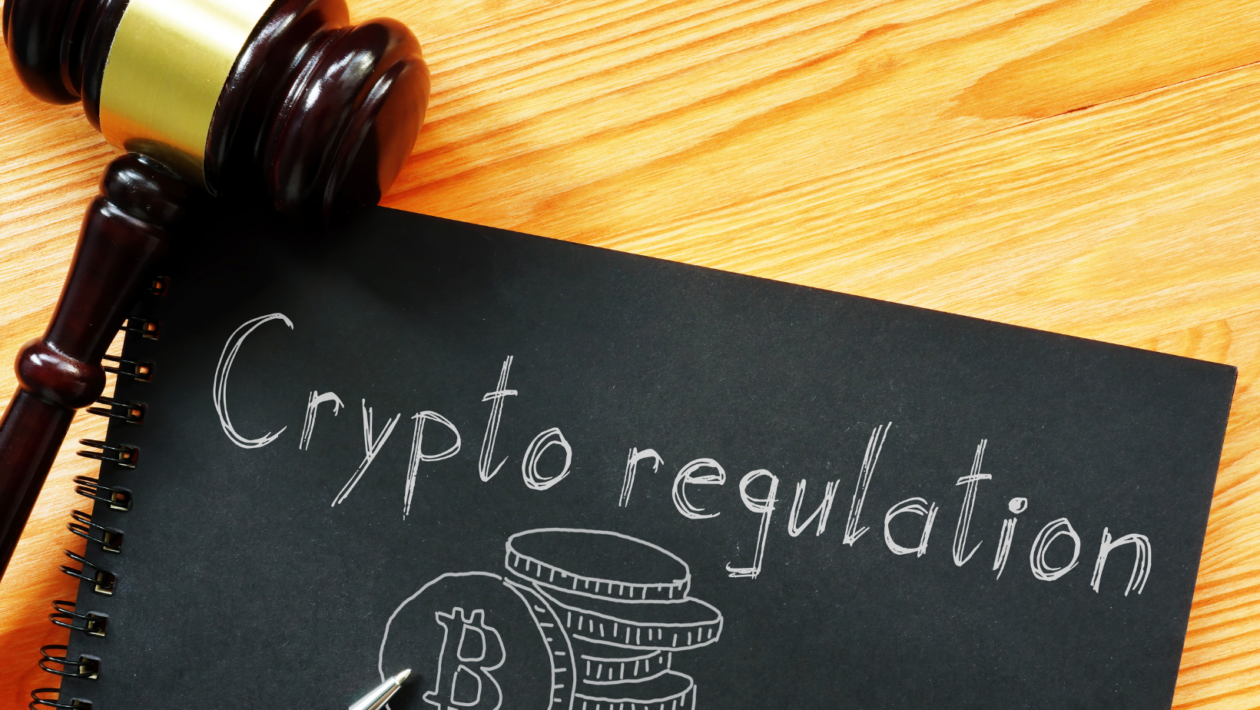Turkish Crypto Exchange Thodex CEO Faruk Özer Sentenced to 11,196 Years in Prison for Collapse
DeFi and Credit Risk
International Regulatory Authorities Unveil Comprehensive Global Cryptocurrency Policy Blueprint
Despite all the hype in recent years, the crypto-asset sector has not had the best track record.
As soon as it was created in 2009, bitcoin (BTC) was quickly taken over by criminals who wanted to use it to buy illegal goods. When governments talked to the public, they seemed unconcerned, but when they talked among themselves, they were very different. At the beginning of the 2010s, I went to meetings with people who worked in intelligence. They talked about darknet markets that used funds that were impossible to track. This kind of thing tends to put the police on edge, and that is still the case.
Even though data shows that criminal use of crypto is at an all-time low compared to legal use, the idea that criminals control crypto has never gone away. As the use of crypto assets has grown to include more services that are usually done by the traditional financial sector, both the public and institutions have started to use them more, and the number of illegal crypto transactions has gone down in the same way.
This change is due to the way things are set up. It turns out that laundering money, which has been a top concern of financial regulators for a long time, is harder in the crypto sector than we thought.
One reason cryptocurrency is easy to track is that blockchain technology acts as a public ledger that keeps track of transactions around the world. Law enforcement now sees this as a very valuable feature.
Criminals also have to deal with everyday issues that make it hard for them to use crypto. For example, they have to decide if the low liquidity and price volatility are worth the trouble. In many ways, the risks of the sector are becoming more and more like those of cash.

Profit motive
A lot of the time, it seems like crypto either helps or doesn't care about crime. And when rules are followed, it might be best to call founders "reluctant good citizens." Profit seems to be the most important thing, not safety or compliance.
Celsius Network, Three Arrows Capital, and, most notably, Terra all went out of business because of questionable business models, questionable ways of working, and a "profit-first" mentality. This has given people who don't believe in crypto assets more confidence to call them a Ponzi scheme or, at best, a solution looking for a problem.
Still, there are still signs of a wider acceptance. Recent news stories have said that crypto platforms have helped get money to help people in Ukraine and Afghanistan. Human rights activists have praised the technology for making it easier for people to pay in countries with unstable economies. Even tokens that can't be changed have been praised for keeping vulnerable people safe.
This raises the question of whether the most well-known people in the crypto industry, the people who are sometimes called "crypto bros" in a derogatory way, will be willing to give up their "hands off" attitudes and accept what the government wants.
Because if they don't, it seems likely that the rough relationship the industry has with law enforcement and regulators won't get better any time soon.
As an example, think about how hard it is for the industry to meet national anti-money laundering (AML) registration requirements. Even though the steps for registration are usually easy, some companies haven't done them because they seem to think they shouldn't have to follow the rules everywhere, especially if the rules are different in different places.
Course correction
But that doesn't have to happen. Providers of crypto-assets can come out of the "crypto winter" and show that they can make the technology both work and be safe.
What can the field do to get a better reputation? Concerns can be eased by putting in place a top-down compliance culture, proper training, and strong risk management controls. However, more may be needed to fix the damage that has already been done.
Firms could test and validate their business models through government-led sandbox exercises, which allow for two-way communication, to better work with their supervisors. Companies should also make it clear that they will share information with regulators and their competitors about fraud, market abuse, and money laundering threats whenever they can.
Abuse of the market should be seen as a serious threat from organized crime groups, not just as a problem caused by opportunists who aren't very smart.
Another tip for crypto companies: stop hiding your products with "buyer beware" signs. If changes in the market mean you need to change your business model, make sure your financial crime risk appetite reflects that. Regulators will appreciate it.
More than anything, the industry should consider whether it wishes to continue to be associated with the Silk Roads of the world or embrace its inherent ability to trace illicit funds and fight financial crime.















